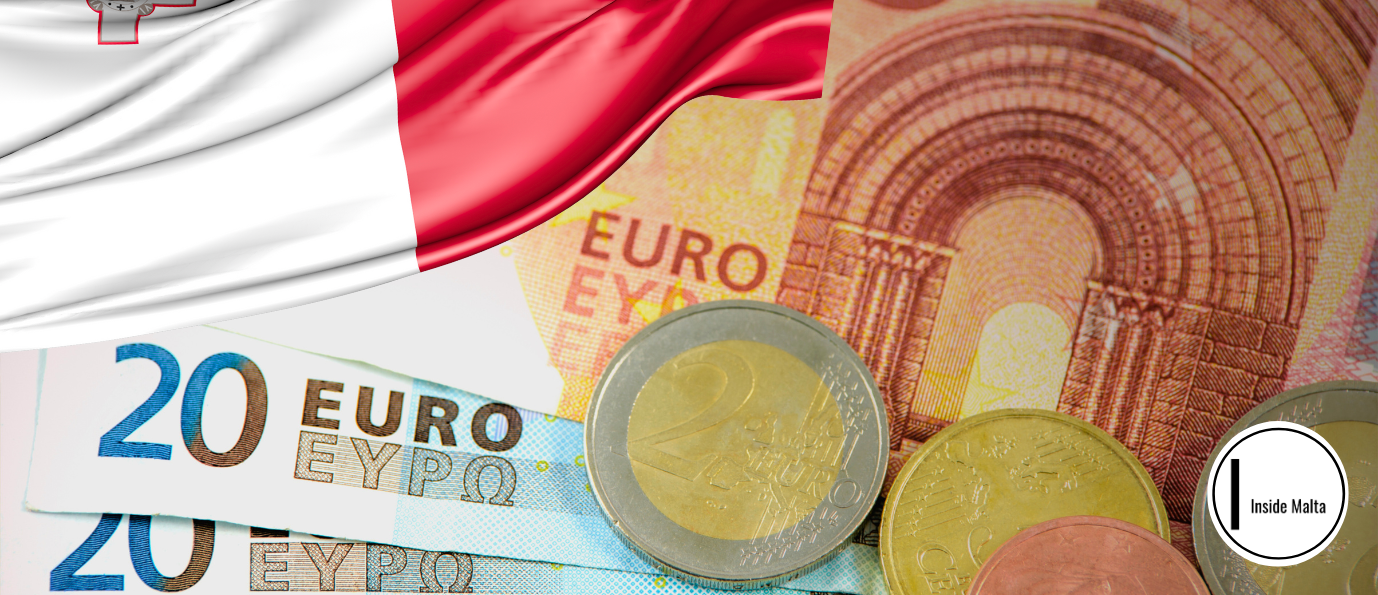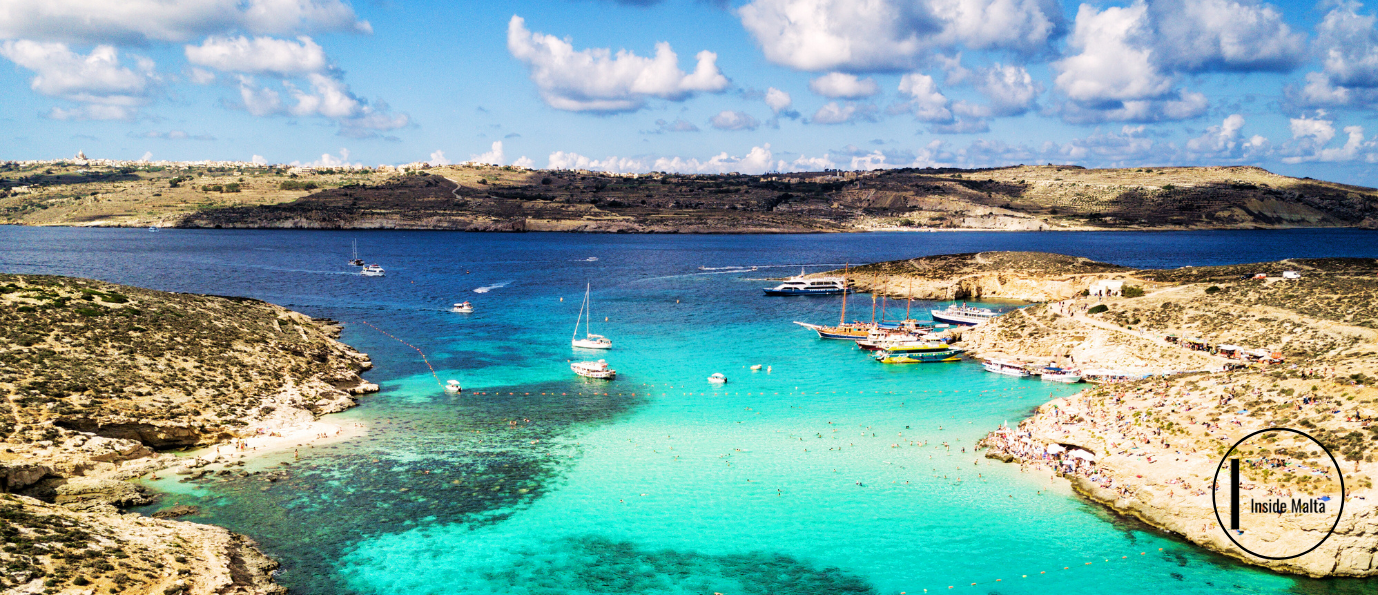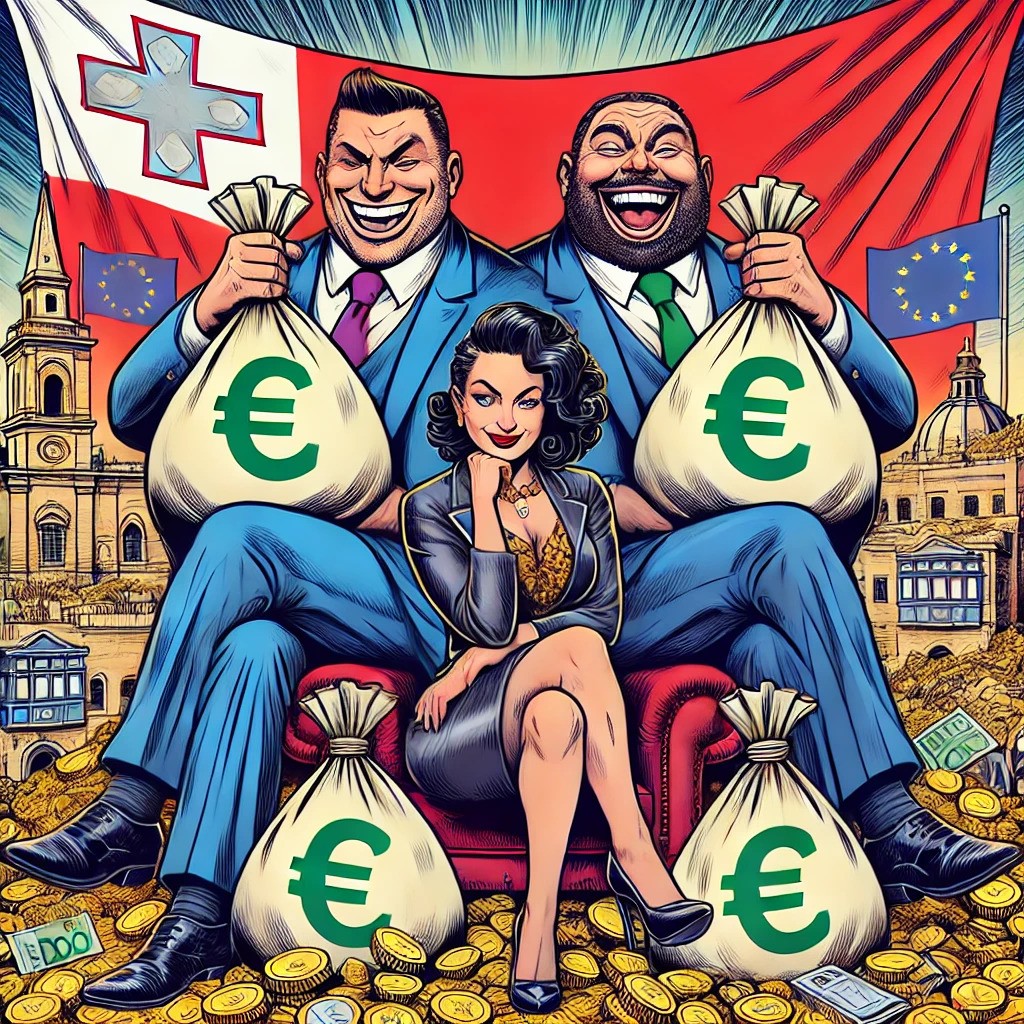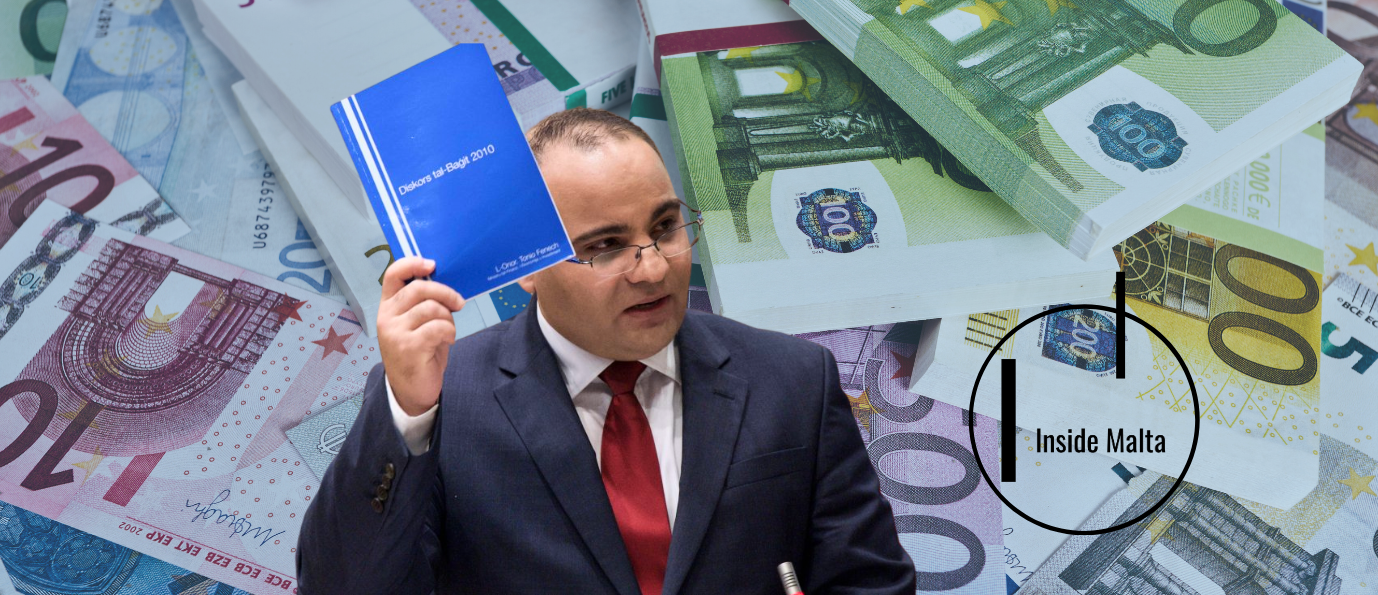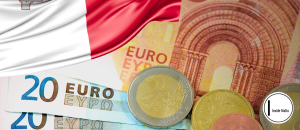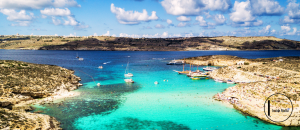Despite Malta being a small, compact island, many revenue streams have come knocking at its doors through the years. This can be attributed to many reasons, but the most apparent is how the Maltese working sector is filled with talented workers.
The story of Malta’s economy being supported by fields such as tourism and manufacturing has been a good one. However, the current climate today has given Malta a taste of its own medicine after the recent stories on the country’s unwillingness to provide fair wages to the island’s people.
Up until the pandemic, Malta’s economy relied heavily on tourism. When that ship had sailed after flights weren’t coming into Malta, it seemed Malta had to develop new areas of employment, along with reinforcing those still available for the general public.
When the only way to get food that wasn’t homemade was through services like Wolt, the delivery business has taken Malta by storm. It seemed like any Maltese citizen at work or home has just given up on cooking and become addicted to ordering food.
However, the country cannot rely on a temporarily successful delivery system to keep its economy afloat.
Tourism seemed like the perfect glove to fit our hands since the fact that the only thing you can’t take away from Malta is its beauty. However, there is a conflict of opinion between the citizen’s inability to hear the noise of construction anymore and the dire need for more hotels and infrastructure for tourists.
Even with a rise in the numbers of tourists coming to Malta, it is far from leaning on tourism as its primary source of income for the short and long term since the conflicts between citizens and tourists have skyrocketed.
What Does That Leave us With
What was left for Malta was its ever-developing banking sector, specifically the sub-sector cantered around international investment. Malta has a history of being a global investment powerhouse, a power that recently has lost all its grip.
Right now, international investors are the only thing that can save Malta. Obtaining the interest of international investors can be tricky, and Malta needs to highlight two major outlets.
The first was one mentioned previously- tourism. Investing in tourism can be a have appeal to international investors.
The second aspect, which is the more important one, is gaining the trust of international investors again. The public in Malta didn’t seem to notice the main developments in our economy.
Right now, the topic that concerns the prime minister, the police commissioner, and every citizen in Malta is the case of Pilatus Bank.
Though some of its aspects are more important than others, how the case affects international investments is never discussed in Malta. At the same time, it has been an important topic of discussion in countries that used to invest heavily in Malta, like the UK, Germany, Italy, and other EU powerhouses.
The said countries are now considering Malta as a giant “do not touch” sign in the investment sector.
Not all citizens of Malta care deeply about this subject, but recent events have shown that they should.
Currently, the Maltese government keeps the bank’s operations completely frozen while not providing its clients with their assets.
Pilatus, being a bank that dealt with primarily significant global investment opportunities, has become a lighthouse that warns “investment ships” to stay away from Malta since other global investors are afraid to take advantage of investment opportunities in Malta out of the fear of their accounts will be frozen too by the authorities.
As of today, the only stream of revenue that can save Malta is global investments. Whether it will be from investing in banks or tourism, Malta entirely depends on it.
When the citizens of Malta cry out to the government about its ineffectiveness in closing the case of Pilatus Bank and returning the clients who are entitled to their money retrieved to them, thus signalling a calmer picture for investors, then we’ll know Malta can keep its head above waters.




